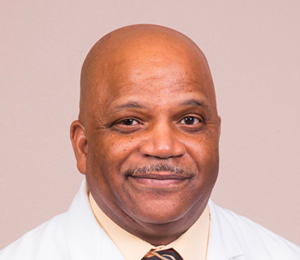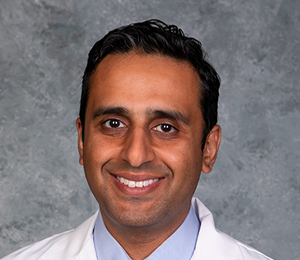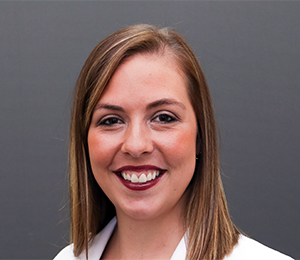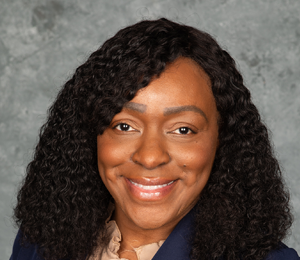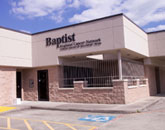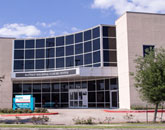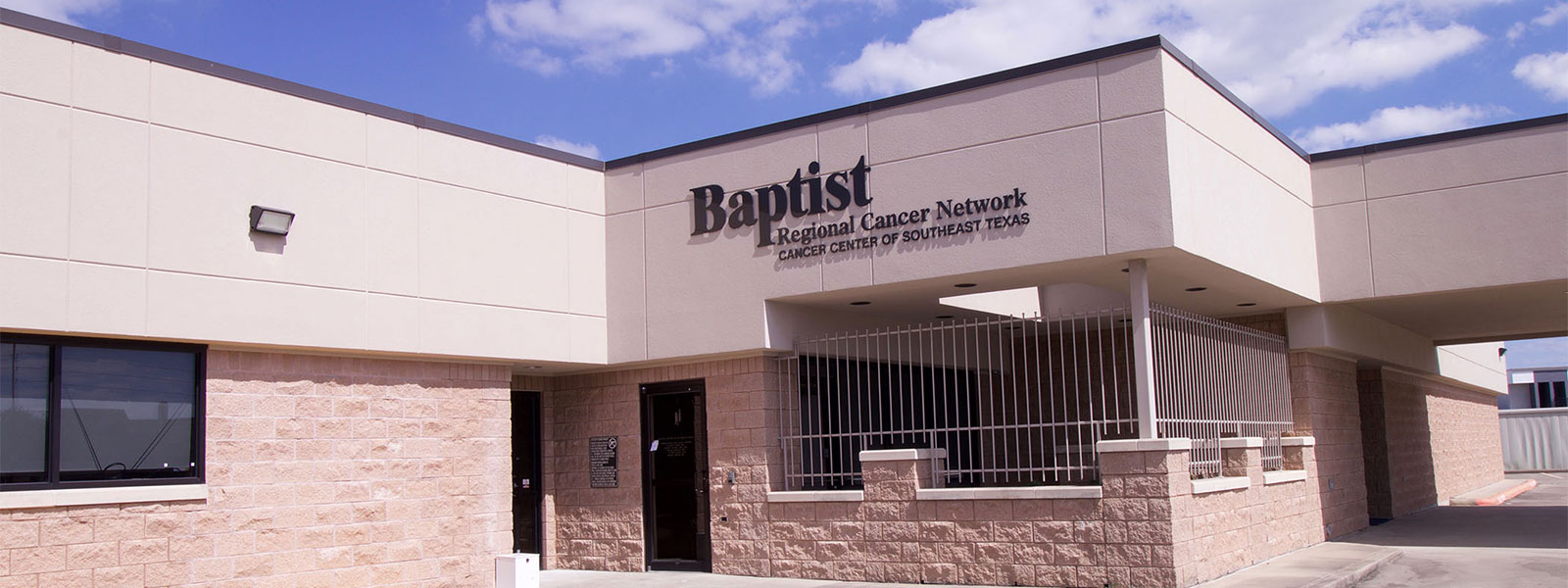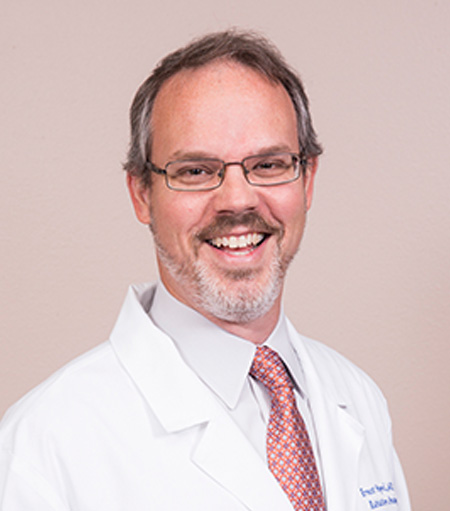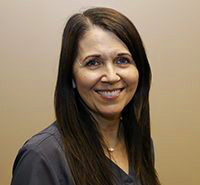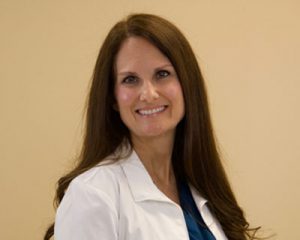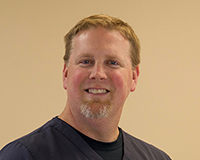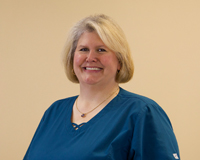Screening Guidelines
What you need to know before, during and after cancer treatment
Take Control of Your Health, and Help Reduce Your Cancer Risk
- Stay away from all forms of tobacco.
- Get to and stay at a healthy weight.
- Get moving with regular physical activity.
- Eat healthy with plenty of fruits and vegetables. It’s best not to drink alcohol. If you do drink, have no more than 1 drink per day for women or 2 per day for men.
- Protect your skin.
- Know yourself, your family history, and your risks.
- Get regular check-ups and cancer screening tests.

Screening tests are used to find cancer before a person has symptoms.
Here are the American Cancer Society recommendations for cancer screening to help guide
you when you talk to your provider about screening for certain types of cancer.
Breast Cancer
- Women ages 40 to 44 should start annual breast cancer screening with mammograms.
- Women ages 45 to 54 should get mammograms every year.
- Women 55 and older should switch to mammograms every 2 years, or can continue yearly screening.
- Screening should continue as long as a woman is in good health and is expected to live 10 more years or longer.
- Women should also know how their breasts normally look and feel and report any breast changes to a healthcare provider right away.
Cervical Cancer
- Cervical cancer screening should start at age 25.
- People between the ages of 25 and 65 should get a primary HPV (human papillomavirus) test done every 5 years. If a primary HPV test is not available, a co-test (an HPV test with a Pap test) every 5 years or a Pap test every 3 years are still good options.
- People over age 65 who have had regular cervical cancer testing in the past 10 years with normal results should not be tested for cervical cancer. Once testing is stopped, it should not be started again.
- Those with a history of a serious cervical pre-cancer should continue to be tested for at least 25 years after that diagnosis, even if testing goes past age 65.
- People whose cervix has been removed by surgery for reasons not related to cervical cancer or serious pre-cancer should not be tested.
- People who have been vaccinated against HPV should still follow the screening recommendations for their age groups.
Colon & Rectal Cancer
- For people with average risk of colon cancer, the American Cancer Society recommends starting regular screening at age 45.
- Screening can be done either with a sensitive test that looks for signs of cancer in a person’s stool (stool-based test) or by an exam that looks at the colon and rectum (colonoscopy).
- Should you choose to be screened by a test other than a colonoscopy, any abnormal test result will need to be followed up with a colonoscopy.
Lung Cancer
Yearly Low Dose CT Scan is recommended for people with a smoking history that meet all of the following criteria:
- 50 to 80 years old and in fairly good health.
- Currently smoke or have quit in the past 15 years.
- Have at least a 20 pack-year smoking history. (This is the number of packs of cigarettes per day multiplied by the number of years smoked. For example, someone who smoked 2 packs a day for 10 years [2 x 10 = 20] has 20 pack-years of smoking, as does a person who smoked 1 pack a day for 20 years [1 x 20 = 20].)
Endometrial Cancer
- The American Cancer Society recommends that at the time of menopause, all women should be told about the risks and symptoms of endometrial cancer. Women should report any unexpected vaginal bleeding or spotting to their providers.
Prostate Cancer
- Starting at age 50, men should talk to a healthcare provider about the pros and cons of testing so they can decide if testing is the right choice for them.
- If you are African American or have a father or brother who had prostate cancer before age 65, you should have this talk with a healthcare provider starting at age 45.
- If you decide to be tested, you should get a PSA blood test with or without a rectal exam. How often you’re tested will depend on your PSA level.



